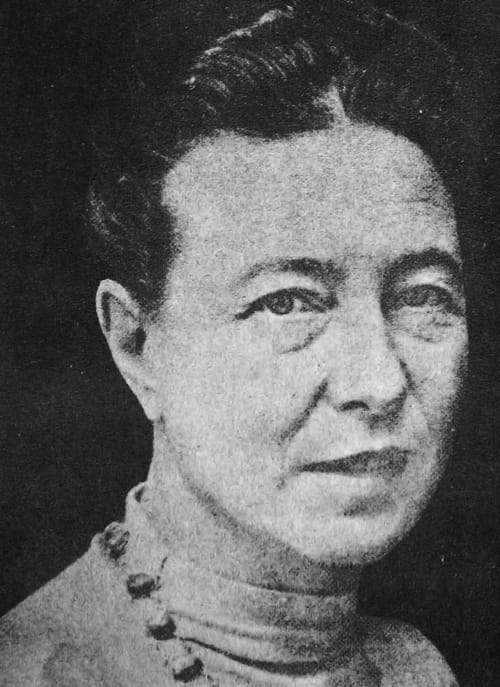
Photo Attribution: unknow. uploader Claudio Elias, Public domain, via Wikimedia Commons
Simone de Beauvoir
This example has been viewed 639x times
Summary
Rodden Rating
Analysis for Simone de Beauvoir
Biography
Simone Lucie Ernestine Marie Bertrand de Beauvoir (UK: /də ˈboʊvwɑːr/, US: /də boʊˈvwɑːr/;[2][3] French: [simɔn də bovwaʁ] ⓘ; 9 January 1908 – 14 April 1986) was a French existentialist philosopher, writer, social theorist, and feminist activist. Though she did not consider herself a philosopher, nor was she considered one at the time of her death,[4][5][6] she had a significant influence on both feminist existentialism and feminist theory.[7]
Beauvoir wrote novels, essays, biographies, autobiographies, and monographs on philosophy, politics, and social issues. She was best known for her "trailblazing work in feminist philosophy",[8] The Second Sex (1949), a detailed analysis of women's oppression and a foundational tract of contemporary feminism. She was also known for her novels, the most famous of which were She Came to Stay (1943) and The Mandarins (1954). Her most enduring contribution to literature are her memoirs, notably the first volume, Mémoires d'une jeune fille rangée[9] (1958), which has warmth and descriptive power.[10] She was also a highly awarded woman, some of the most notable prizes being the 1954 Prix Goncourt, the 1975 Jerusalem Prize, and the 1978 Austrian State Prize for European Literature. Her life was not without controversy: she briefly lost her teaching job after being accused of sexually abusing some of her students. She and her long-time lover, Jean-Paul Sartre, along with numerous other French intellectuals, campaigned for the release of people convicted of child sex offenses and signed a petition which advocated the abolition of age of consent laws in France.[11]
Source: https://en.wikipedia.org/wiki/Simone_de_Beauvoir
Raw Data
Horoscope Data
Comments
Natal Data
1908-01-09 04:30:00 LMT
48° 50′ 53.2″ N 2° 19′ 40.6″ E
6th arrondissement, 75006 Paris, France




























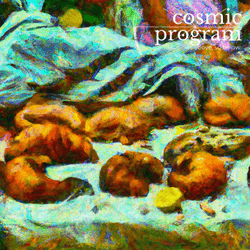











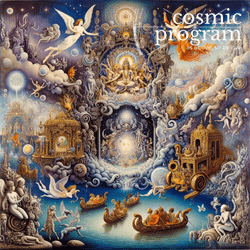




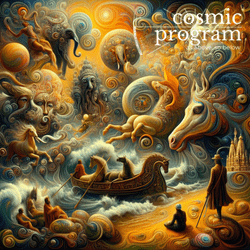


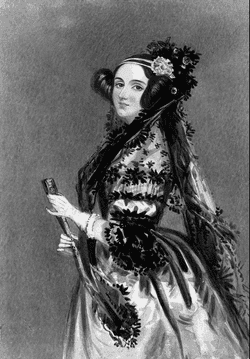


.jpg?bossToken=54c54a97d37ac5ce7f6026854dac03f686a4eeb352f2796c21bf6177b91c42f1)







